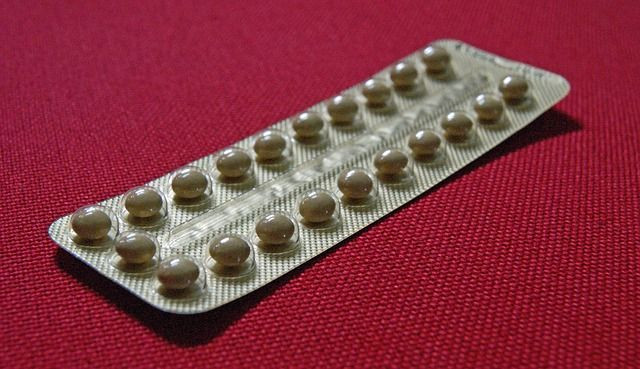Hormonal Birth Control Pill May Prevent Rheumatoid Arthritis In Some Women

Women around the world already use the hormonal birth control pill to help prevent unplanned pregnancy, but new research suggests it may have another unexpected side effect: arthritis prevention. A recent Swedish study suggested that using the birth control pill may help decrease a woman’s risk of developing rheumatoid arthritis by as much as 19 percent. What’s more, this protection still remains long after women stop taking the medication.
Research from Karolinska Institute in Sweden indicates that taking hormonal birth control for several years may prompt certain hormonal changes in a woman’s body that can help lower her lifelong risk of developing rheumatoid arthritis (RA), The Telegraph reported. Women who were currently on birth control were about 15 percent less likely to develop RA, while women who had stopped using the pill were still about 13 percent less likely to develop the condition. Women who had used the pill for seven years or longer could lower their risk by as much as 19 percent.
RA is a chronic disorder characterized by inflamed joints, but about 40 percent of those with the condition also experience symptoms in other parts of their body such as the skin, eyes, lungs, heart, and blood vessels, the Mayo Clinic reported. Common symptoms of the condition include tender swollen joints, joint stiffness, fatigue, fever, and weight loss. RA is classified as an autoimmune disorder as it occurs when your immune system mistakenly attacks your own body's tissues.
The condition is also twice as common in women as men, which led researchers to suspect that there may be underlying hormonal reasons for RA flare-ups. Results from this study support this idea, suggesting that the hormonal effect of the birth control pill may counteract this. However, further research is required to better understand the biological explanation for these risks.
For the study, researchers used information on 2,809 women with RA, and medical records of 5,312 women who were randomly chosen. What makes this study different from those conducted in the past is that all of the participants provided blood samples so that the researchers could test for something known as anti-citrullinated protein antibodies (ACPAs). According to Medical News Today, these are blood markers that are found in about 90 percent of people with RA; their presence may also be a sign of a very serious form of the disease. The link between birth control use and RA risk was particularly significant among women who tested positive for ACPAs.
“In this large population-based case-control study of incident RA [rheumatoid arthritis], with careful matching between cases and controls and extensive exposure information, we found that women who had ever used OCs [oral contraceptives] had a significantly decreased risk of developing RA," the study concluded.
The study also investigated whether or not hormonal changes associated with breastfeeding affected RA risk. However, results suggested that it did not.
Source: Orellana C, Saevarsdottir S, Klareskog, et al. Oral contraceptives, breastfeeding and the risk of developing rheumatoid arthritis: results from the Swedish EIRA study. Annals of Rheumatic Diseases . 2017
Published by Medicaldaily.com



























